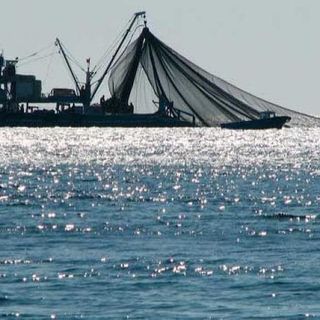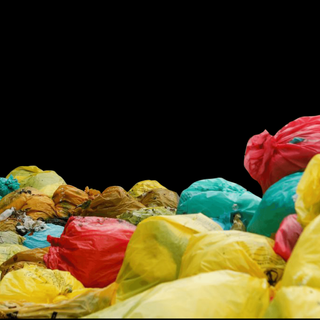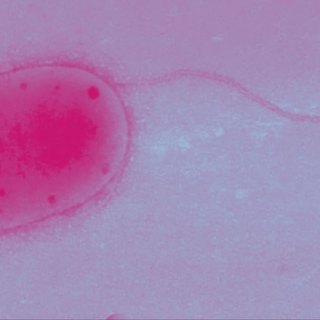Including even a bit of seaweed in cattle diets could reduce the methane they emit via belches by as much as 82%, a new study has found.
Livestock rearing is one of the top five industrial contributors to greenhouse gas emissions and curbing the methane output of cattle could have follow-on effects in slowing climate change.
According to the study, published in the journal PLOS ONE, consuming even “a touch of seaweed” helps lower the amount of methane, a greenhouse gas, cows emit in the form of flatulence and belches. There was no drop-off in seaweed’s efficacy over time, suggesting the findings can encourage a sustainable method for livestock production globally.
“Since much of livestock’s methane emissions come from the animal itself, nutrition plays a big role in finding solutions,” study co-author Ermias Kebreab, Ph.D., from the department of animal science at the University of California, said in a statement. “We now have sound evidence that seaweed in cattle diet is effective at reducing greenhouse gases and that the efficacy does not diminish over time.” The seaweed was found to inhibit an enzyme responsible for methane production in the digestive system of cows.
Related on The Swaddle:
Livestock, Grain Farming Is Driving Rising Nitrous Oxide Levels Worldwide: Report
Given the primary objective of livestock farming is food production, the researchers also tried to understand whether adding seaweed to cattle feed would affect the flavor profiles of either the beef or the milk produced by the bovines. The results from a taste-test panel found no change in taste, indicating the change in diet doesn’t impact livestock production.
Researchers also claim that reducing greenhouse emissions from livestock farming can have a significant impact on global food security. “Only a tiny fraction of the Earth is fit for crop production. … livestock plays a vital role in feeding the 10 billion people who will soon inhabit the planet,” Kebreab explained.
“This could help farmers sustainably produce the beef and dairy products we need to feed the world,” Breanna Roque, a Ph.D. graduate student at the University of California who was involved in the study, told the media.




